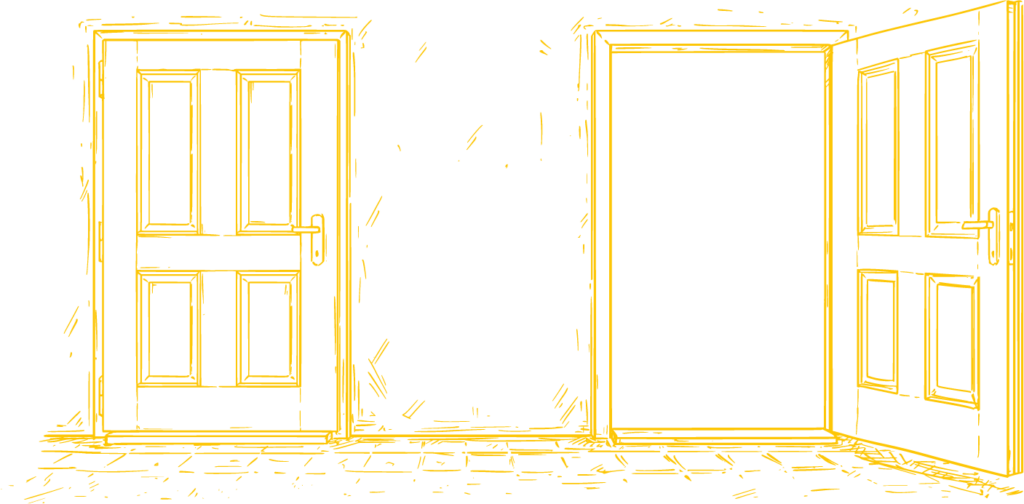Every time you solve someone’s problems or give them advice or an answer to their elusive question… you are denying them an opportunity to learn and develop for themselves.
There is the age-old belief that too much of a good thing can be bad for us. Well it turns out to be pretty accurate, too. The body naturally produces hormones that make us feel happy and rewarded for achieving things during the process of living and it helps motivate us to do it again. But here’s the thing; if we have too much of a good thing, we can become desensitised by what’s known as overstimulation. This is when the positive or ‘happy’ hormones are kept at a high level and not allowed to fall and naturally recover. This often happens with addictions to things that offer instant gratification; such as gaming, using social media or excessive fast food consumption. So, limiting these types of activities is really important in maintaining a balanced lifestyle.
‘Be kind’ is an age old mantra, which finds new gravitas, particularly within the new age troll-riddled online community. We, well most of us, know that being kind to others is good for us all. It is proven to be crucial for maintaining personal resilience and human connection. So why wouldn’t you be kind? Often, the person we are least kind to is ourselves. Negative self-talk can scupper personal or team performance. But perhaps there
is a balance to consider and a question always worth asking before intervening and helping:
‘Is this act of kindness that’s being offered actually going to help the one in need?’
Human kindness may be the greatest gift we can bestow, and so I am in no-way suggesting being deliberately unkind to someone or discard compassion. It is only right that if someone is physically or psychologically injured or ill, then they should receive the necessary and suitable love and support available to them, but sometimes in our rush to help someone in need, including ourselves, we are potentially hindering them/ourselves in facing future challenges. In Chapter 7 of The A-Z of Human Performance we cover human growth and the fact that we as humans need to struggle at times in order to develop strategies to help ourselves recover, rather than automatically wait for someone to come and pick us up; potentially initiating a maladaptive form of co-dependency or learned helplessness. This approach again needs careful balance and deliberation. Sometimes a simple hug is all we need, sometimes it is not.
But sometimes, for some, life can be tough, really tough especially in these COVID times. And when we are in the depths of despair, or feeling totally overwhelmed by a situation, the body does a curious thing; it jettisons our ability to think straight. For us sophisticated inhabitants of the 21st century this seemingly makes little sense; ‘Er, hello brain? I need to think my way out of this situation now, please’. But this biological and physiological reaction is a remnant from primitive times, when an emergency was more likely to involve, a physical threat such as from a bear or wolf perhaps. At which point, the body’s top priority was physicality; to either run away or throw a spear, so mental reasoning was shut down. Today, thankfully, most of us aren’t often in frequent life-or-death encounters in our daily lives (although some clearly are such as the emergency services and some of the military, etc). So it may feel extreme when our brain’s ancient fight or flight mode kicks in after a particularly stressful time at work or home. But psychological overwhelm can happen to any of us and so at times we all may need the support of others. However, to avoid ‘killing-with-kindness’, I believe, it needs to be a carefully considered response, with a ‘what next?’ approach.
In a performance setting, we will all struggle at times, it’s part of the package. In aiming high we are putting ourselves at potential risk of failing and so we should look to develop strategies that enable us to learn from those situations, accept what has happened and move on. If we don’t work out personal ways to get through setbacks or heartbreak then we stand the risk of becoming stuck, which in due course may prevent progression. The important thing is that we work out ways to avoid becoming overwhelmed (where possible) which requires awareness of what’s going on inside and around us. It is during these tough times we all need to try and maintain flexible thinking patterns; to find ways to switch back on, by using techniques such as diaphragmatic breathing to disengage the fight-or-flight mode.
As a performance coach, I have learned to try and explore all options available to someone, especially when they are regularly facing potential adversity, whether that’s with or without support from others. If we, as the coach, or the concerned friend or colleague, want to help those in need then the offer of support is the first step. Just knowing that emotional support is available or even that someone else even cares, can be enough to help someone struck down by grief after losing a loved one, to find a way to pick themselves up and take the first steps to recovery, acceptance and/or safety. Helping others realise that they may already possess many of the attributes they need to deal with adversity and move forward, will build confidence in their own ability to overcome setbacks and maintain resilience in challenging, often stressful times. That way, you may be helping someone to grow rather than potentially ‘killing them with kindness’.
As I look back on my life, I realise that every time I thought I was being rejected from something good, I was actually being re-directed to something better.

Coaching Question
Kind: Is this action of kindness going to help me or the other person learn for themselves?
Habituator
Recall: Acknowledge one of your own achievements each day (even a small one).
This article is based on the Amazon No.1 Hot New Release in HR, The A–Z of Human Performance. For more coaching questions and habituators on this topic and 25 more chapters from Jonna Sercombe, Emma Wiggs, and Steve Eaton, pick up a copy in paperback or eBook.
